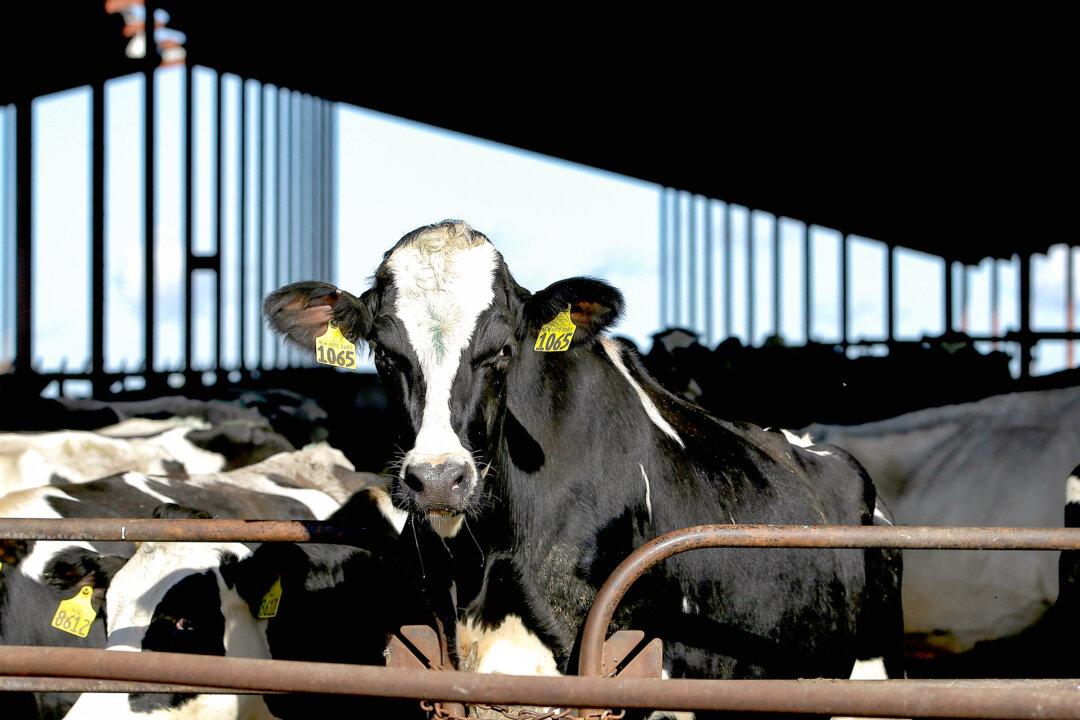Dairy cows cannot be moved between states without testing for the highly pathogenic avian influenza, U.S. officials announced on April 24.
The U.S. Department of Agriculture (USDA) issued a federal order that says “prior to interstate movement, dairy cattle are required to receive a negative test for Influenza A virus.”





